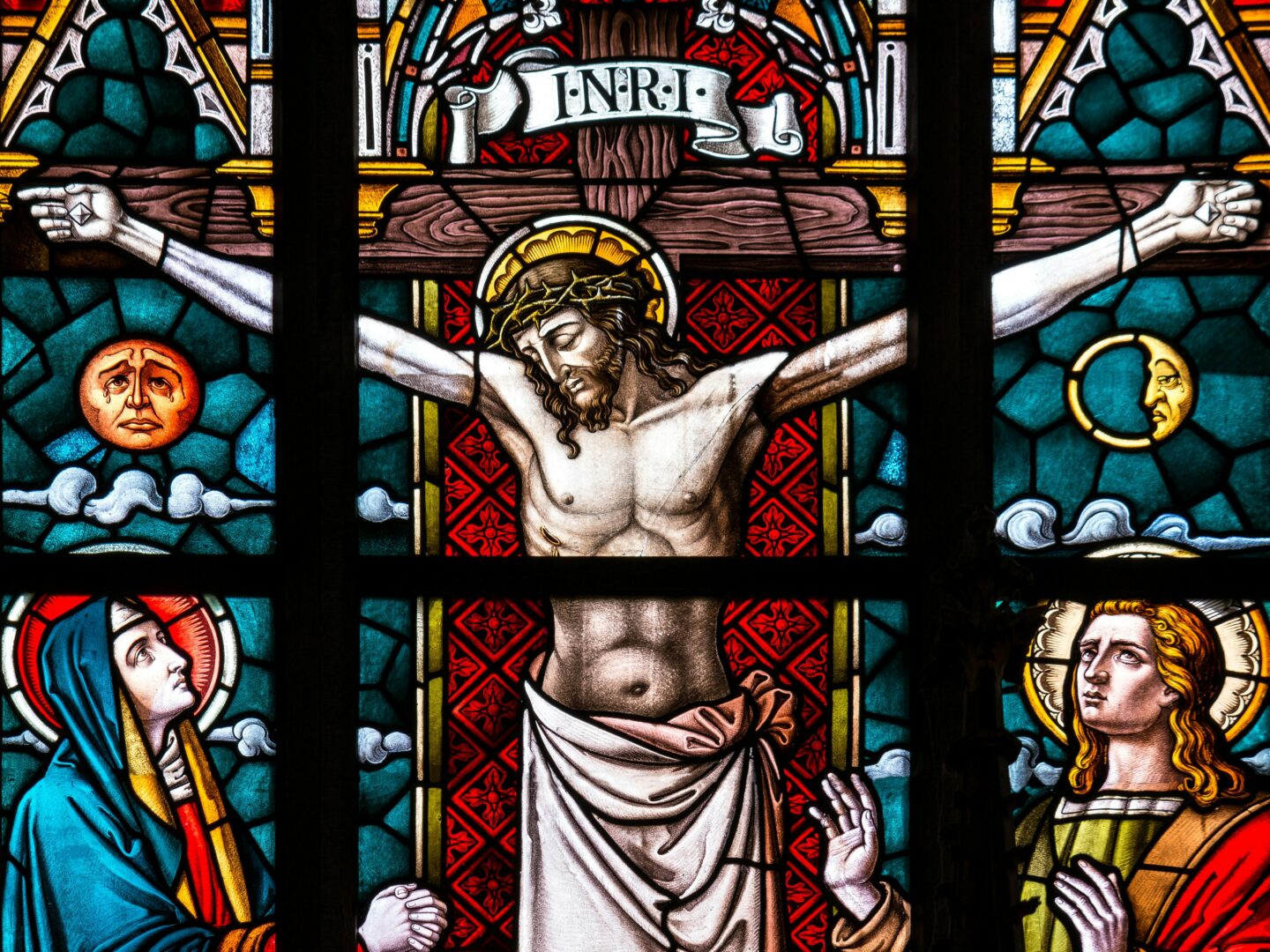Months before his Christian revival meeting in Houston, Rick Perry prayed, presumably to Jesus, for rain — though when he established the Days of Prayer for Rain in the State of Texas back in April, the proclamation was nonsectarian. He told the Christian Broadcasting Network in August that he prays “every day” for President Obama and then said he wished God would give the president the “wisdom” to roll back health-care reform and get the Environmental Protection Agency off the backs of business.
Even Buddy Roemer, the dark-horse candidate and former Louisiana governor, prays in public. He refuses financial support from PACs and yearns for national visibility: “My prayer,” he said in August, “is that I can make a debate, somewhere, somehow.”
Prayer itself is not unusual. Seventy-five percent of Americans pray to God at least weekly, according to the Pew Forum on Religion and Public Life. But voluminous public prayers by political candidates on policy specifics, like health care reform and EPA rules, seem less like expressions of personal faith than plain old politics.
Prayer talk further divides a divided nation, creating an “us and them” mentality, which — if successful — drives “us” to the polls to vote against “them.” In a primary election, prayer talk can motivate evangelicals to prefer one candidate (a fellow evangelical, say) over another (who might happen to be a Mormon). In crucial states, such as South Carolina and Iowa, where white evangelicals make up more than half of Republican primary voters, prayer talk can make the difference between winning and losing.
Such political strategems have worked in the past. “George W. Bush’s statement that Jesus was his favorite political philosopher ‘because he changes your heart’ increased his appeal among white evangelical voters in the 2000 primaries,” says John C. Green, professor of political science at the University of Akron. “I would not be surprised to learn from the [2012] campaigns that it was part of their strategy.”
Prayer talk is code for “I’m like you,” and in a general election, that sense of familiarity — whether about religion, education, family or corporate experience — reassures and galvanizes voters. The correlation between high religiosity and the Republican party has risen steadily since the 1950s.
Of Americans who say grace at meals every day, 50 percent are Republican, according to“American Grace,” the 2010 book by Robert Putnam and David Campbell. Of Americans who never say grace, 70 percent are Democrats. Prayer talk, in other words, aims straight for the 35 to 40 percent of white evangelicals who turn out to vote Republican in a general election.
In a tight race, that five-point range matters a lot — a fact not lost on the incumbent who in February told hundreds at the National Prayer Breakfast that he prays for humility.
“In this life of politics when debates have become so bitterly polarized,” President Obama said, “It’s useful to go back to Scripture to remind ourselves that none of us has all the answers — none of us, no matter what our political party or our station in life.”
Religious rhetoric divides and connects. When it divides, it successfully separates the people who see themselves as “right-thinking,” from everybody else, “the wrongheaded” ones. It has served this function for millennia — pitting Christians against Jews, Protestants against Catholics, Southerners against Northerners. Abraham Lincoln regarded this last instance with anguish. Though both sides “pray to the same God,” he said in his Second Inaugural, “each invokes His aid against the other.”
Saint Francis of Assisi advised: “When we pray to God, we must be seeking nothing — nothing.” But in the first months of the presidential campaign, prayers have become a powerful tool used by candidates seeking something: victory.
